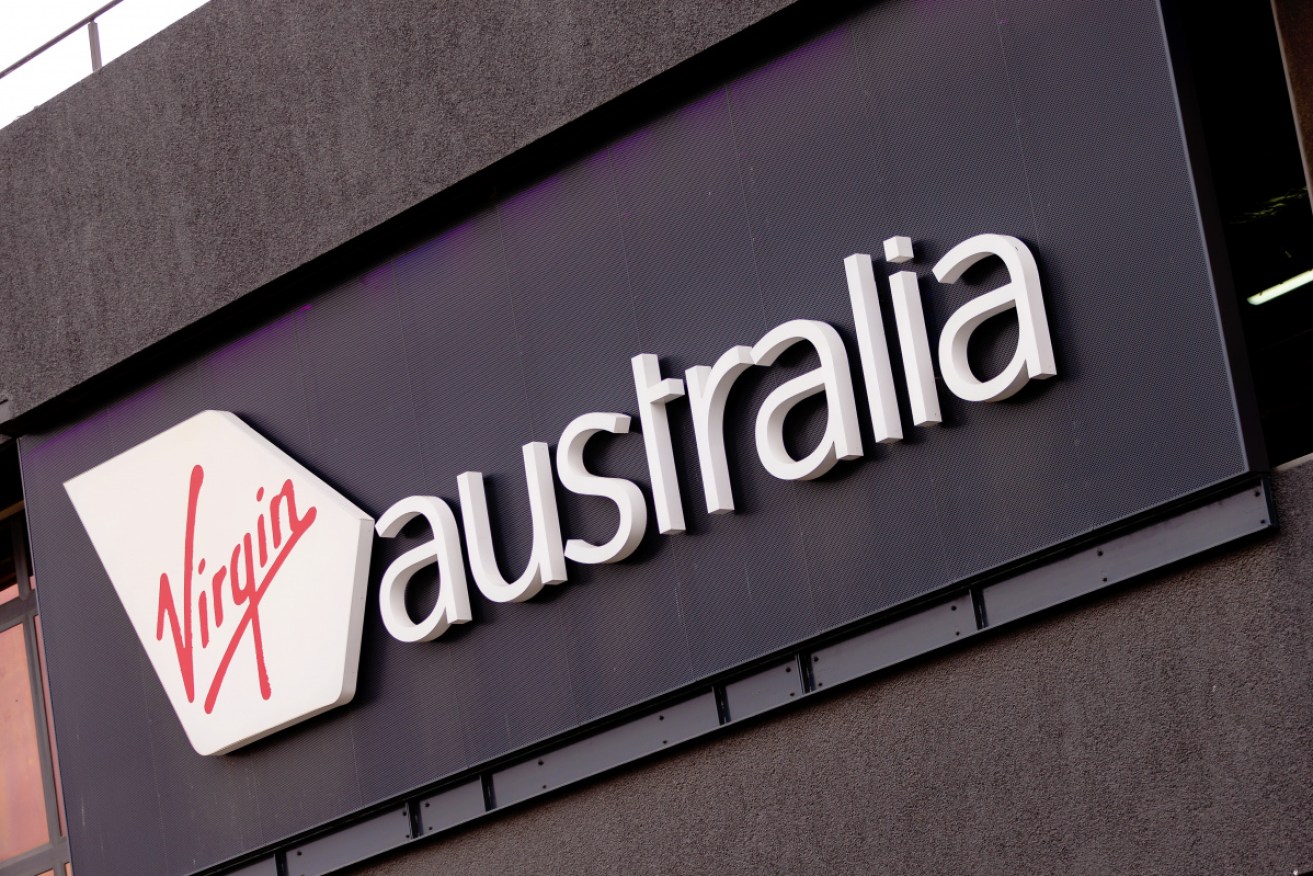Virgin Australia enters voluntary administration. This is what it means for staff and customers


The collapse of Virgin Australia into voluntary administration has placed thousands of jobs on the line. Photo: Getty
Virgin Australia entered voluntary administration under a mountain of debt and the future of staff and customers is now up in the air.
The airline’s move on Tuesday to call in administrators from Deloitte was its latest step to reduce its $5 billion mountain of debt, after it failed to secure a federal government bailout.
Global ratings agency Standard & Poor’s has since downgraded the airline’s credit rating from CCC to CC, only adding to its woes.
Virgin has said its roster of domestic and international flights will remain in place for the time being.
But here’s what lies ahead.
Who might save the company?
Deloitte hinted more than 10 firms – some from beyond Australia’s borders – expressed interest in buying equity in Virgin soon after it entered voluntary administration.
Among the suggested players circling the beleaguered carrier include Ben Gray’s Melbourne-based private equity firm BGH Capital.
Mr Gray launched an unsuccessful bid to buy Qantas in late 2006.
Existing shareholder Etihad is also a rumoured party, saying it would “remain open for constructive discussions on a potential relaunch”.
Tweet from @theshineline
But its tender may be stranded on the tarmac after Virgin Australia CEO Paul Scurrah’s insisted Virgin should be Australian owned, following recent criticism of its ownership.
State governments could also prove influential, with Victoria, NSW and Queensland’s premiers suggesting they could play a role in preventing the collapse of Australia’s second largest airline.
Which is just as well, given more than half of Virgin’s shareholders – Virgin Group (10 per cent), Etihad Airways (21 per cent) and Singapore Airlines (20 per cent) – are international travel firms who are also feeling the financial strain of border closures and restrictions on travel.
That said, Virgin Group boss Richard Branson said he would be prepared to “put up between $200 million and $250 million” if the federal government chips in.
Whichever consortium wins the race will inherit a company with limited cash flow and roughly $5 billion in debt.
What happens now to Virgin Australia’s staff?
Virgin Australia temporarily stood down 8000 of its 10,000 permanent staff after it slashed domestic seats by 90 per cent in late March because of the coronavirus.
With the company eligible for JobKeeper payments (it meets the 50 per cent revenue loss threshold for companies with more than $1 billion turnover), these employees will receive at least $1500 payments per fortnight.
And Deloitte administrator Vaughan Strawbridge on Tuesday said there were no immediate plans to make employees redundant.
Tweet from @unionsaustralia
“There [are] no plans [for] redundancies. Wages will continue to be paid, and … the intention is to continue to make payments available to [laid-off] staff,” Mr Strawbridge told reporters.
But there are no guarantees once a takeover is finalised, with potential owners tipped to strip back unprofitable regional routes or cull its international fleet.
“We’ll come back leaner, stronger and fitter,” Mr Scurrah said.
How will Velocity frequent flyer miles be affected?
More than 10 million Australians with Velocity Points on Tuesday were greeted with an online message announcing a four-week freeze on redemptions.
Customers with substantial points balances now face uncertainty over when they can cash out.
However, in a statement provided to Business Insider Australia, Virgin said a mechanism is in place to pay out members if the airline faces liquidation.
“Velocity is set up in a way that safeguards member value by having a trustee that looks after the interests of members,” the airline said.
Can I still fly, or should I cancel my plans?
Virgin Australia has confirmed customers’ travel credits “remain valid” during the voluntary administrative period.
Tweet from @VirginAustralia
And travellers with existing bookings should expect their plans to proceed once domestic travel restrictions have been lifted.
Notwithstanding that reassurance, finder.com.au travel editor Stephanie Yip said most travel insurance policies would not cover travellers if their flight is cancelled in the event of insolvency.








